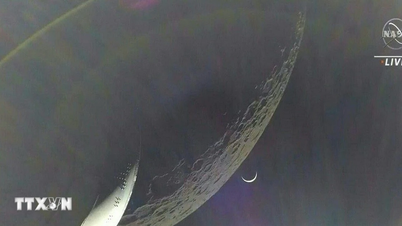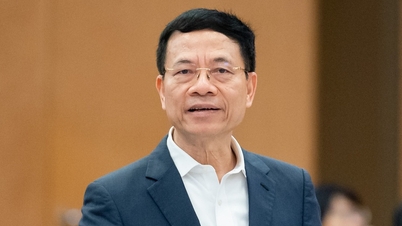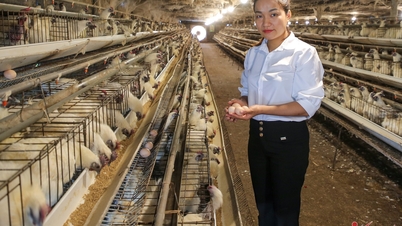The U.S. Department of Homeland Security (DHS) is seeking public and federal agency input on a controversial proposal to require people applying for green cards, citizenship and other immigration benefits to provide their social media accounts, a move that would enforce President Donald Trump’s executive order on national security.

The U.S. Customs and Border Protection One app at a migrant tent camp in Mexico City, January 20, 2025. (Photo: AP)
Expanding social media monitoring
Social media monitoring is not new to U.S. immigration policy. It was implemented on a small scale during the Obama administration and has been expanded under Trump. Currently, only those applying for visas to enter the country are required to provide their social media accounts, but the new proposal would apply to those already in the U.S. legally, including those seeking asylum, green cards, and citizenship.
The March 5 announcement raised concerns from immigration and free speech groups that the request for social media information could expose immigrants to judgment based on their online activities, even if they have been thoroughly vetted beforehand.
DHS has issued a 60-day public comment period on its plan to collect social media accounts and platform names, though it will not require passwords. The goal of the policy is to establish “uniform screening standards” to identify threats to national and public security. The proposal is intended to improve fraud detection, prevent identity theft, and ensure immigrants do not promote anti-American sentiment, according to USCIS.
USCIS estimates that approximately 3.6 million people would be affected if the policy were passed.
AI applications in immigration monitoring
AI is playing an increasingly important role in screening immigration information, especially when dealing with millions of social media accounts. However, according to Leon Rodriguez, former director of USCIS, this technology still has limitations and cannot replace security officers in assessing risks. AI can miss or misinterpret information, leading to incorrect decisions about an individual's immigration application.
Rachel Levinson-Waldman, a Brennan Center expert, warns that social media is a complex environment where information is mixed with facts. Using this data to make important immigration decisions can have negative consequences, especially if errors are made.
Additionally, the First Amendment of the US Constitution protects free speech, even for non-citizens. This raises the question: Can the government deny a visa or deport an individual based on their social media views?
Expanding social media monitoring in the immigration process is a step forward in security screening, but it also raises challenges for privacy and free speech. When the comment period ends on May 5, the debate over the balance between security and individual rights will continue.
Source: https://vtcnews.vn/my-du-kien-mo-rong-thu-thap-du-lieu-mang-xa-hoi-nguoi-nhap-cu-ar934807.html


![[Photo] Cultural, sports and media bloc at the 50th Anniversary of Southern Liberation and National Reunification Day](https://vphoto.vietnam.vn/thumb/1200x675/vietnam/resource/IMAGE/2025/4/30/8a22f876e8d24890be2ae3d88c9b201c)
![[Photo] "King Cobra" Su-30MK2 completed its glorious mission on April 30](https://vphoto.vietnam.vn/thumb/1200x675/vietnam/resource/IMAGE/2025/4/30/5724b5c99b7a40db81aa7c418523defe)



![[Photo] The parade took to the streets, walking among the arms of tens of thousands of people.](https://vphoto.vietnam.vn/thumb/1200x675/vietnam/resource/IMAGE/2025/4/30/180ec64521094c87bdb5a983ff1a30a4)
























































































Comment (0)